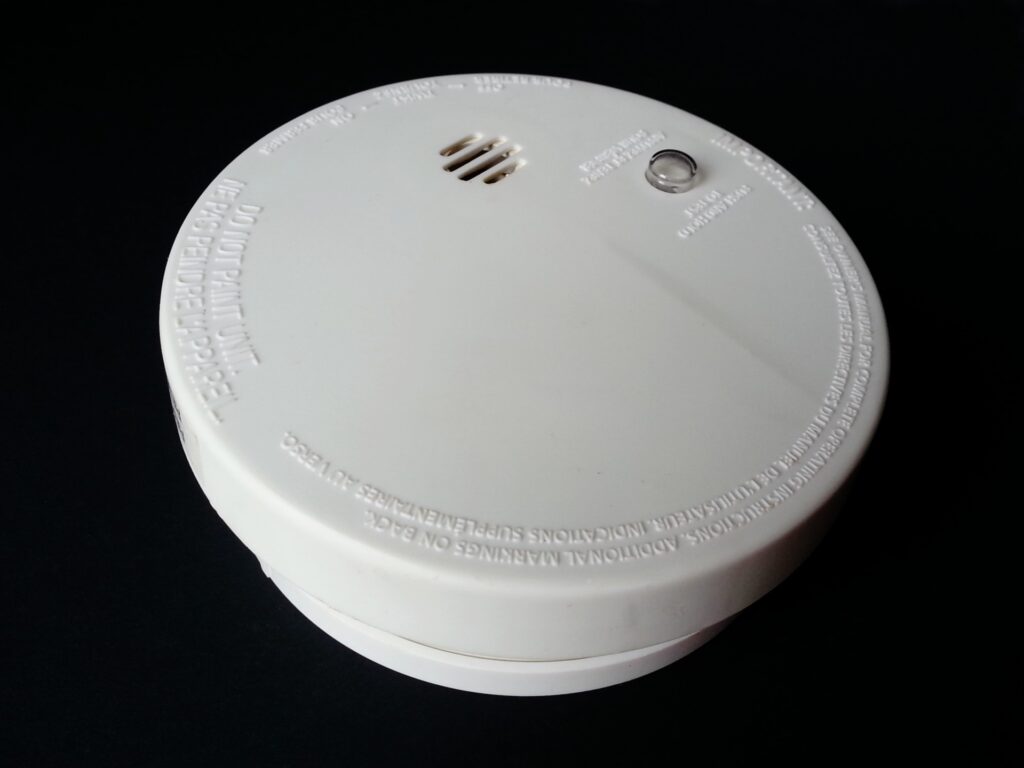Check Your Home Detectors and Test for Radon
go.ncsu.edu/readext?762669
en Español / em Português
El inglés es el idioma de control de esta página. En la medida en que haya algún conflicto entre la traducción al inglés y la traducción, el inglés prevalece.
Al hacer clic en el enlace de traducción se activa un servicio de traducción gratuito para convertir la página al español. Al igual que con cualquier traducción por Internet, la conversión no es sensible al contexto y puede que no traduzca el texto en su significado original. NC State Extension no garantiza la exactitud del texto traducido. Por favor, tenga en cuenta que algunas aplicaciones y/o servicios pueden no funcionar como se espera cuando se traducen.
Português
Inglês é o idioma de controle desta página. Na medida que haja algum conflito entre o texto original em Inglês e a tradução, o Inglês prevalece.
Ao clicar no link de tradução, um serviço gratuito de tradução será ativado para converter a página para o Português. Como em qualquer tradução pela internet, a conversão não é sensivel ao contexto e pode não ocorrer a tradução para o significado orginal. O serviço de Extensão da Carolina do Norte (NC State Extension) não garante a exatidão do texto traduzido. Por favor, observe que algumas funções ou serviços podem não funcionar como esperado após a tradução.
English
English is the controlling language of this page. To the extent there is any conflict between the English text and the translation, English controls.
Clicking on the translation link activates a free translation service to convert the page to Spanish. As with any Internet translation, the conversion is not context-sensitive and may not translate the text to its original meaning. NC State Extension does not guarantee the accuracy of the translated text. Please note that some applications and/or services may not function as expected when translated.
Collapse ▲
Have you check if your smoke or carbon monoxide detectors are functioning? Have you tested your house for Radon? Starting off the new year doing a home check-up may be a great idea, especially because it’s National Radon Month. It is easy to be a victim of fire; deadly, colorless, and odorless carbon monoxide; or seeping radon in your home. That’s why it’s important to make sure you check with detectors and test in your home.
For smoke detectors, it’s important to test every month and replace your detector every ten years. When it comes to a carbon monoxide detectors, make sure to have at least one detector in the home, and check the battery every 6 months. For both detectors, it’s best to keep one operating in bedrooms where you may sleep.
Radon, like Carbon Monoxide is odorless and colorless and is a leading environmental cause of lung cancer according to the North Carolina Radon Program. Use a Radon test kit, that are available at hardware and department stores to check. You can also check out the North Carolina Radon Program website for mitigation information and can order a free radon test kit for one household while supplies last. Be sure to keep your home safe with detectors and kits, and Happy National Radon Month.
References:
Radon – North Carolina Radon Program
“Smoke Alarm Facts & Questions” – Chatham County, North Carolina
“Carbon Monoxide” – NC State Extension – North Carolina State University




